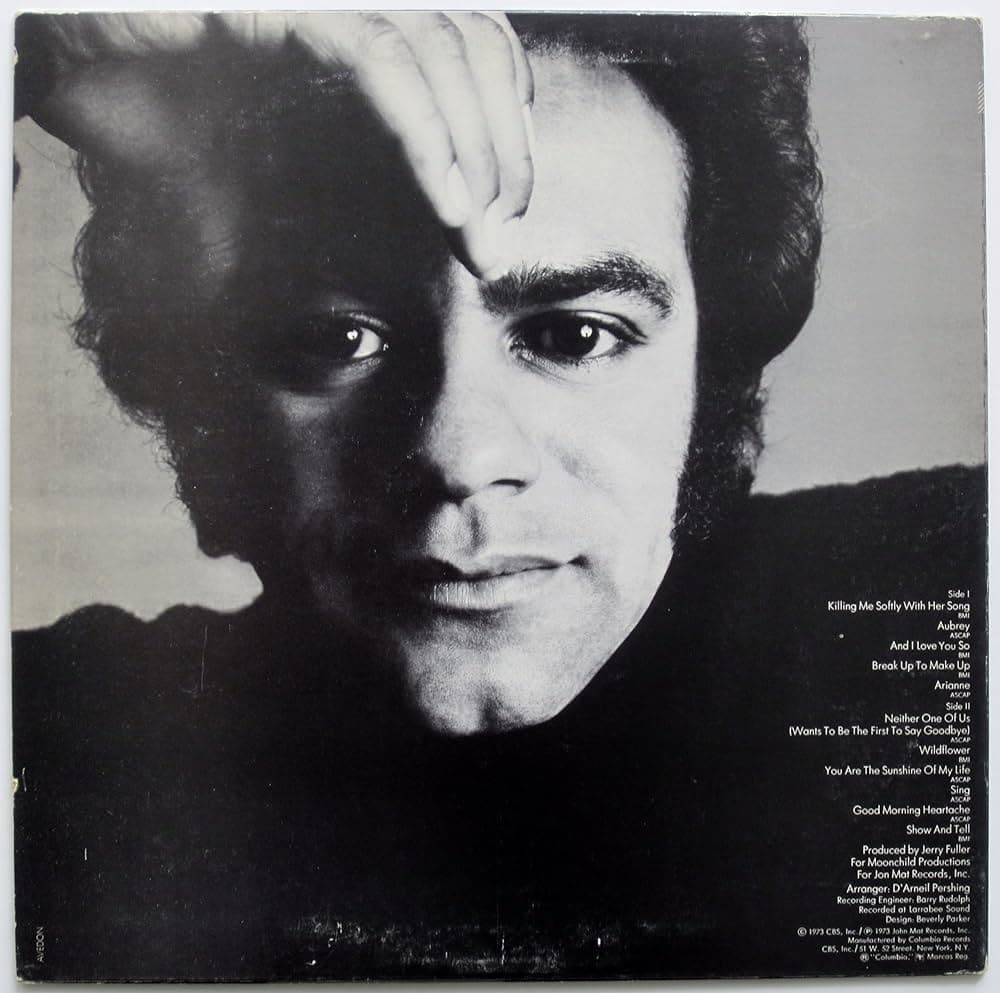
The Eternal Voice and the Quiet Power of a Confession
For generations, the name Johnny Mathis has been synonymous with romance, elegance, and a vocal delivery so pure it could melt the coldest heart. When the 1970s arrived, bringing with them a new wave of singer-songwriters and rock’s ever-changing sound, Mathis proved his enduring relevance by adapting his immaculate style to the era’s most poignant ballads. His 1973 cover of “Killing Me Softly With Her Song” is a perfect example, trading the gritty soul of its most famous version for a polished, intimate confession that speaks directly to the memory of old-fashioned crooning.
Released as the title track of his 1973 album, Killing Me Softly With Her Song, this record cemented Mathis’s ability to seamlessly transition into the contemporary adult contemporary sound. While the song itself didn’t hit the massive peaks of his earlier singles like “Chances Are” on the Billboard Hot 100, the album was a solid commercial success, proving that his loyal audience was eager for his take on the new musical landscape. The Killing Me Softly With Her Song album itself reached Number 44 on the Billboard Top LPs & Tape chart, a respectable showing that demonstrated the resilience of his career during a tough decade for established pop singers. The track was a key component of this success, becoming a staple on Easy Listening radio stations and in his live performances.
The song’s fascinating history is part of its charm. It was composed by Charles Fox and Norman Gimbel and was initially recorded by Lori Lieberman in 1972, inspired by her experience watching Don McLean perform. However, it was Roberta Flack’s powerhouse, Grammy-winning version, released in early 1973, that truly turned the song into a global standard, a song whose impact was so immediate that other major artists rushed to record their own versions. Mathis’s rendition arrived just a few months later, and he purposefully changed the gender pronoun to “Her Song” (or in some prints, “His Song”), allowing him to interpret the narrative from a male perspective being captivated by a female performer.
The meaning, regardless of the gender twist, remains an incredibly powerful meditation on vulnerability. It describes the intensely personal experience of sitting in a crowd and hearing a stranger sing a song that seems to recount the painful details of your own life: “Strumming my pain with her fingers, singing my life with her words.” It’s an almost spiritual act of musical exposure, where the singer, without knowing the listener, strips away their defenses and lays their sorrows bare. Mathis’s interpretation is characteristically restrained; his voice, famous for its breath control and rich, velvety timbre, brings a sense of dignified sorrow to the lyrics. It’s less a soulful wail of pain than a quiet, profound realization—the moment a seasoned heart recognizes its own reflection in someone else’s art.
For those of us who remember the classic AM and FM radio airwaves of the seventies, this version holds a special place. It’s the sound of a master vocalist, one who had already weathered decades of musical trends, taking a deeply emotional new composition and making it his own. Johnny Mathis didn’t need to shout to convey heartache; a whisper from “The Voice” was always enough to break us softly.